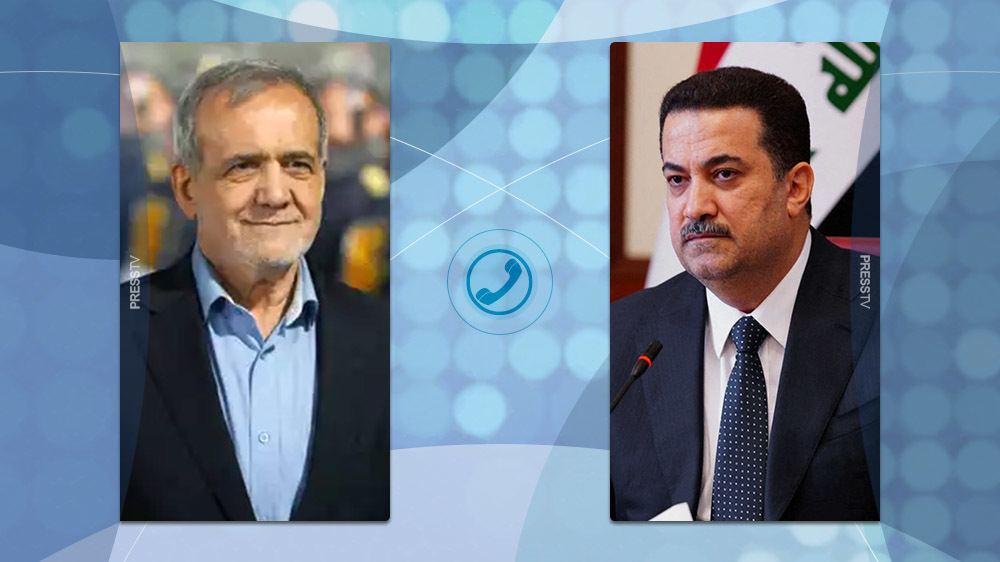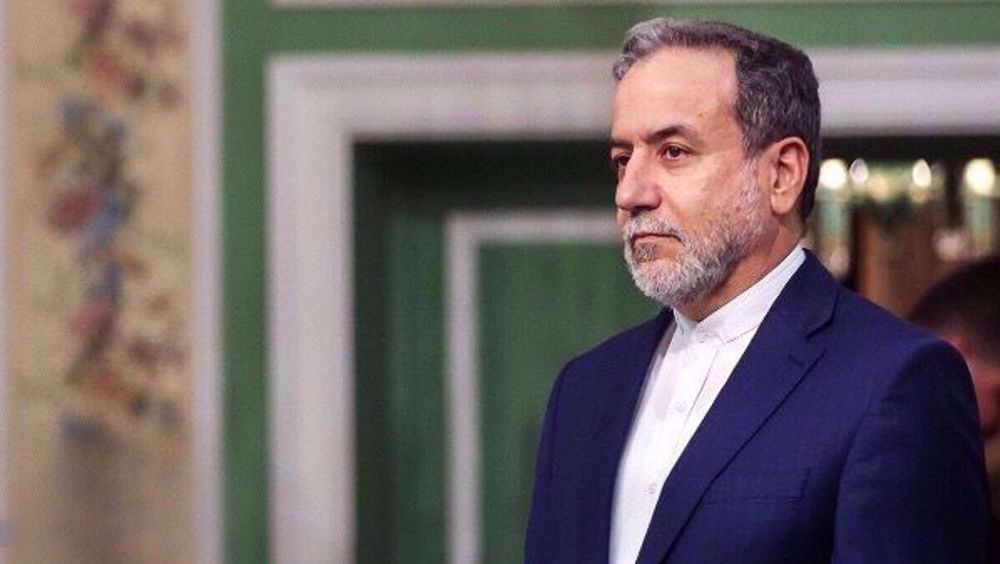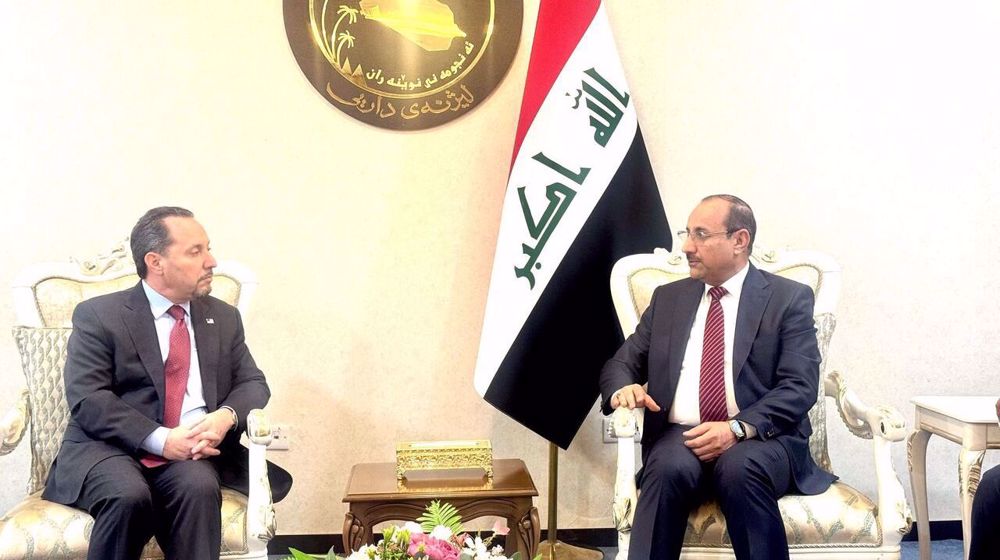Iraqi troops push deeper into Mosul urban areas
Iraqi special forces have begun an assault into more urban neighborhoods of Mosul from its easternmost district in their latest push to drive Daesh terrorists from the city.
Troops recaptured six districts of eastern Mosul on Friday, expanding the army's foothold in the Daesh stronghold, a military statement said.
They took over the neighborhoods of Malayeen, Samah, Khadra, Karkukli, Quds and Karama, inflicting heavy losses on the Takfiri militants and raising the Iraqi flag over buildings, it added.
The advance began near the recently-recaptured Gogjali and Karama neighborhoods, with the commander of the special forces saying they had gained a foothold in the city quicker than expected.
"Instead of the days we had set aside for these battles, they ended in just a few hours," Lieutenant-General Abdul Ghani al-Assadi said.
A UN human rights spokeswoman said Daesh had transported 1,600 people from the town of Hammam al-Alil to Tal Afar near Mosul and reportedly told them they may be taken to Syria.
Daesh terrorists also launched one of their diversionary strikes, taking over a mosque and several houses in the town of Shirqat south of Mosul and killing seven soldiers and volunteer fighters.
Police said the Takfiri terrorists crossed from the eastern side of the Tigris river into the town at 3 a.m., taking over al-Ba'aja mosque and spreading out into alleyways.
Security forces declared a curfew in the town and said reinforcements from the Hashd al-Sha'abi forces were being sent to Shirqat.
Special forces breached the eastern boundary of Mosul earlier this week but since then they have not made significant headway deeper into the city.

The western side of the city remains largely open to a vast desert leading to Syria, which Daesh terrorists are still able to access in small numbers.
On Thursday, the commander of Iraq's largest volunteer force said his fighters were about to cut off the western supply route used by Daesh out of Mosul.
"Today, God willing, is the completion of the first stage of the Hashd operations - that is cutting the supply route of the enemy between Tal Afar and the Muhalabiya district, reaching to Mosul," Hadi al-Ameri said.
Iraqi troops managed to enter Mosul's limits on Tuesday for the first time since 2014, when Daesh began its terror campaign in northern and western Iraq.
Other Iraqi forces are also advancing on the city from multiple directions, but the eastern front has seen the quickest gains in an offensive launched less than three weeks ago.
Advances have been slower to the south, with government troops still 35 kilometers away, although they seized a handful of villages late last week.

Troops are now gearing up for urban warfare expected to take weeks, if not months, as they work their way neighborhood by neighborhood, going through a warren of dense buildings prone to booby traps and ambushes.
“The city is well defended and the fight is brutal. We were expecting this and that's what happened,” said Mustafa Mudhfar from Iraqi Special Operations Forces.
Daesh ringleader Ibrahim al-Samarrai, who goes by his nom de guerre as Abu Bakr al-Baghdadi, urged his terrorists to fight on.
“Do not retreat … Holding your ground with honor is a thousand times easier than retreating in shame,” he said in an unverified audio recording released on the Internet by his supporters on Thursday.
Prime Minister Haider al-Abadi said the militants had to choose between surrender and death as he vowed that Mosul would return to Iraqi control by year-end.

Iran determined to implement all its agreements with Iraq: President Pezeshkian

Iran: US decision to revoke Iraq waiver ‘extremely deplorable’

Iraq warns US its power grid would collapse without Iran gas supplies
Israeli warplanes carry out more airstrikes near Damascus
Denmark's PM visits Greenland after Trump threat to seize it
Pezeshkian: If Muslim nations unite, enemies cannot oppress them
Hundreds of thousands of Gazans flee as Israel ‘wipes out’ Rafah
Trump tariffs spark global condemnation as markets crash
Russia blasts Trump’s 'unacceptable' threat of bombing Iran
VIDEO | Yemen shoots down another US drone
VIDEO | Israeli killers pursues Palestinians inside the 'Safe Zone'












 This makes it easy to access the Press TV website
This makes it easy to access the Press TV website